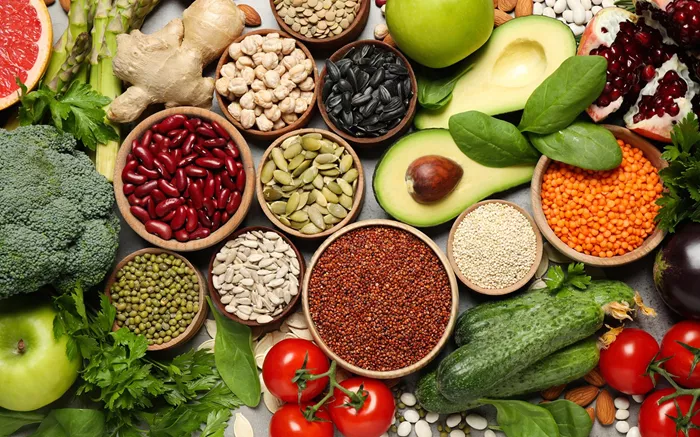A new study presented at the American Society for Nutrition’s conference in Orlando suggests that eating more plant-based foods rich in a compound called phytosterols may reduce the risk of heart disease and Type 2 diabetes.
Phytosterols are natural substances found in many fruits, vegetables, nuts, seeds, and whole grains. They are known for their ability to lower LDL, or “bad,” cholesterol. But unlike previous studies that used high-dose supplements, this research focused on regular dietary intake through everyday food.
Researchers from the Harvard T.H. Chan School of Public Health analyzed data from over 200,000 American adults—nearly 80% of them women—who filled out detailed food questionnaires. The study followed participants for up to 36 years. During that time, over 20,000 developed Type 2 diabetes and nearly 16,000 were diagnosed with heart disease.
Findings showed that those who consumed the highest amounts of phytosterols were 9% less likely to develop heart disease and 8% less likely to develop Type 2 diabetes compared to those with the lowest intake.
People with the highest phytosterol intake typically ate:
- 4–5 servings of vegetables per day
- 2–3 servings of fruit
- 2 servings of whole grains
- Half a serving of nuts
“These results support the recommendation to follow a healthy, plant-based diet that includes lots of vegetables, fruits, nuts, and whole grains,” said Fenglei Wang, the study’s lead author and a research associate at Harvard.
Besides reducing the risk of disease, higher intake of phytosterols was also linked to better blood sugar control and healthier gut bacteria, both of which support good metabolism.
Top Foods High in Phytosterols:
- Pistachios
- Walnuts
- Pecans
- Almonds
- Cashews
- Soybeans
- Flaxseed
- Wheat germ
- Lentils
- Kidney beans
- Olive oil
- Peas
- Brussels sprouts
- Broccoli
This research has not yet been peer-reviewed, but it adds to growing evidence that plant-based diets offer powerful health benefits through natural compounds like phytosterols.


